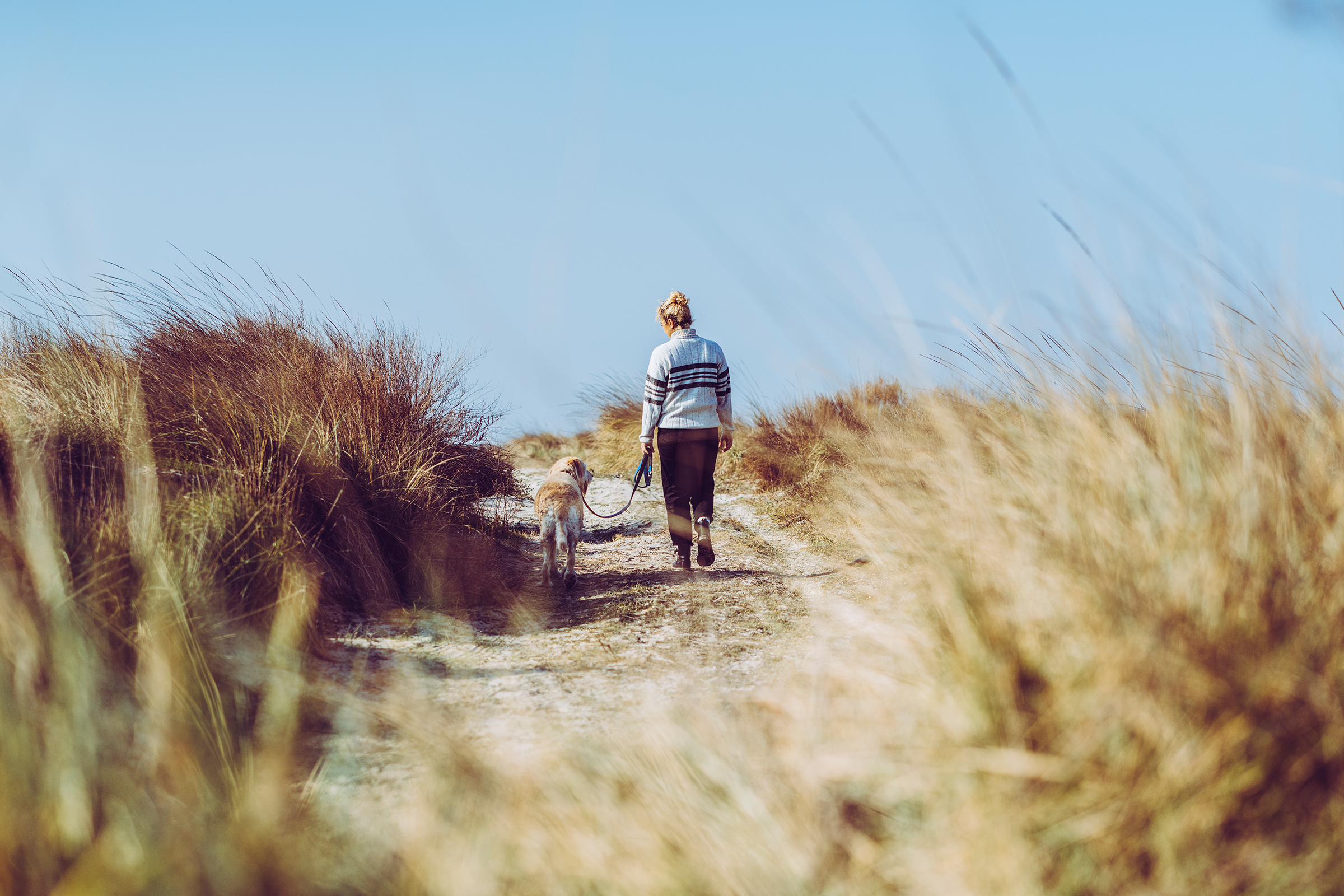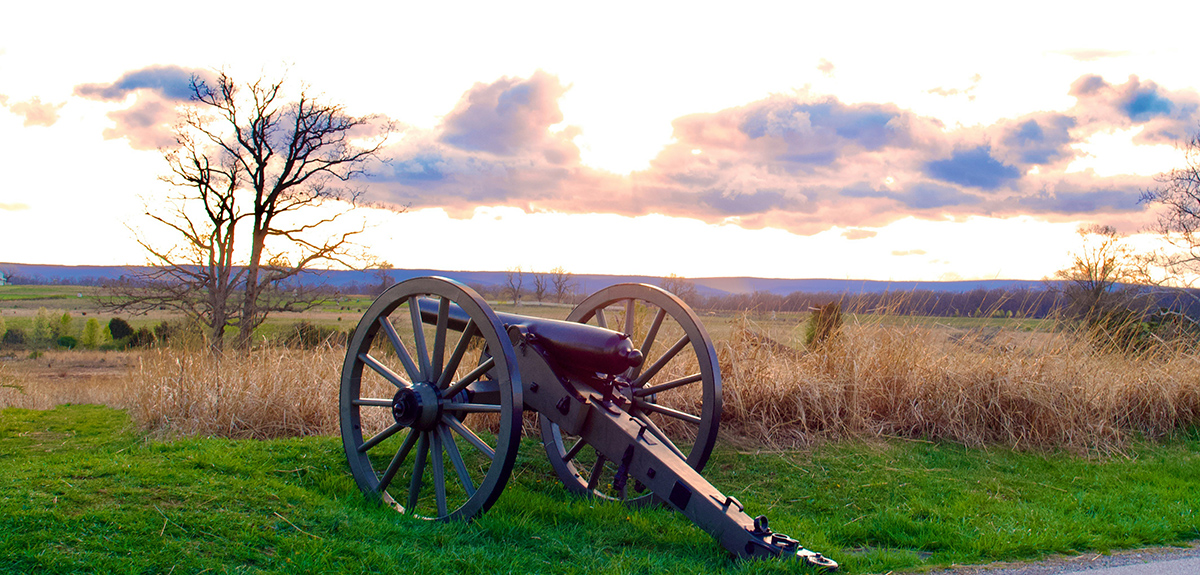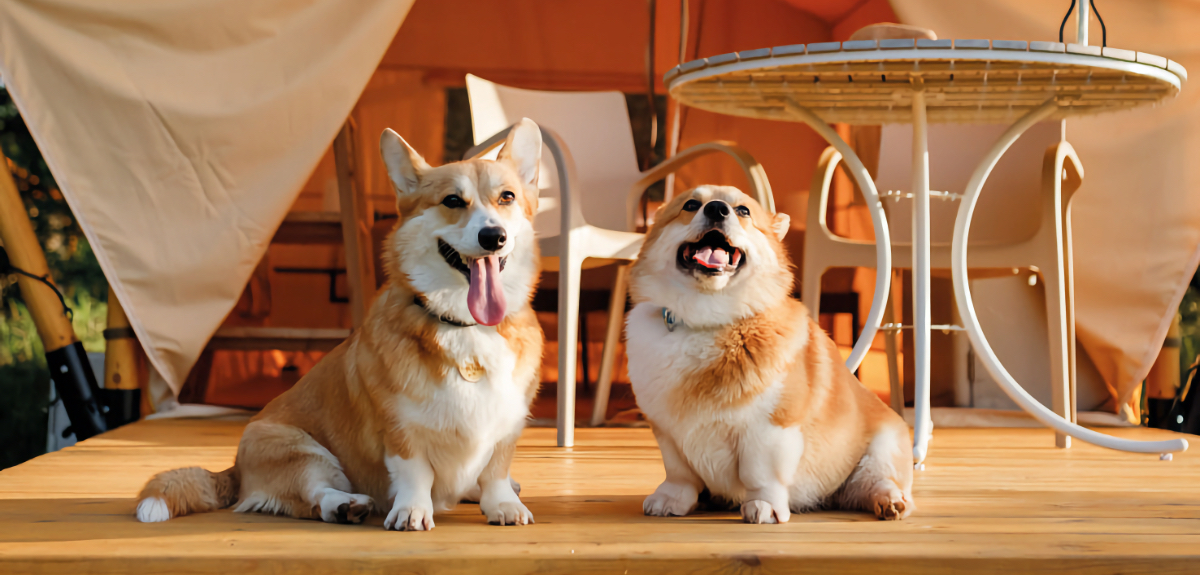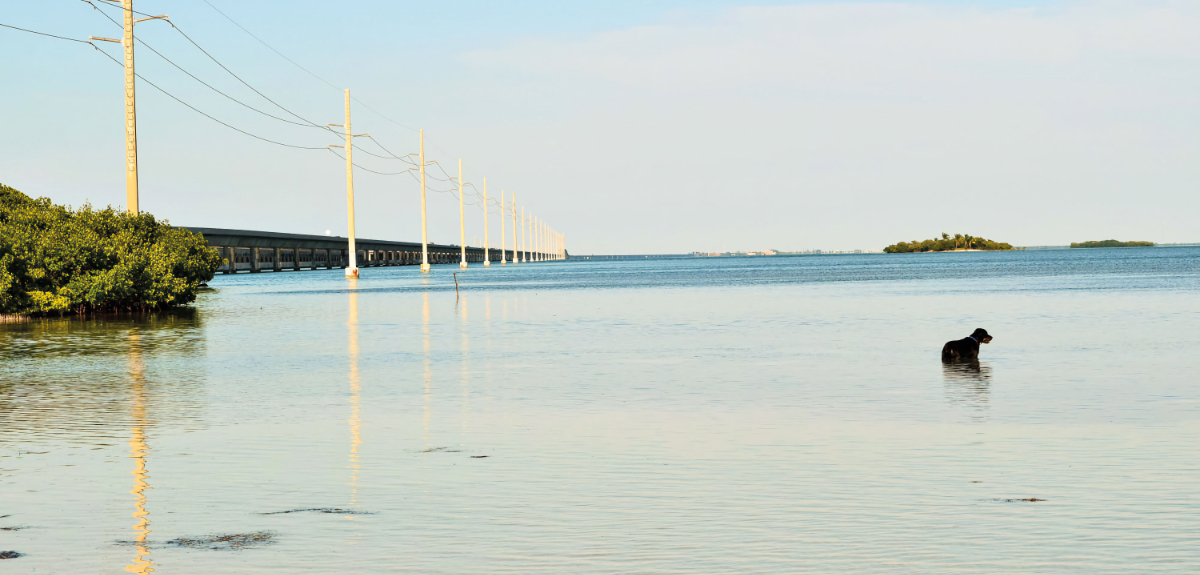5 Camping Skills to Teach Your Kids
Essential Lessons That Will Last a Lifetime
Image Caption: The Baltazar family (pictured above) became a family on the move, homeschooling and spending time together on the road
The sound of a crackling fire. Dinner cooking over the smoky coals. The tinkling of children laughing over the chorus of insects chirping away in the dark.
These are the experiences that bring families out into the great outdoors to relax in nature. Each camping trip presents new opportunities to build memories with your family, and teach kids valuable life lessons about respecting nature, staying clean and organized, and becoming self-sufficient.
No matter your age, there’s always something new to learn on an RV camping trip. Here are just five valuable camping lessons to teach kids, lessons that will serve them for an entire lifetime.
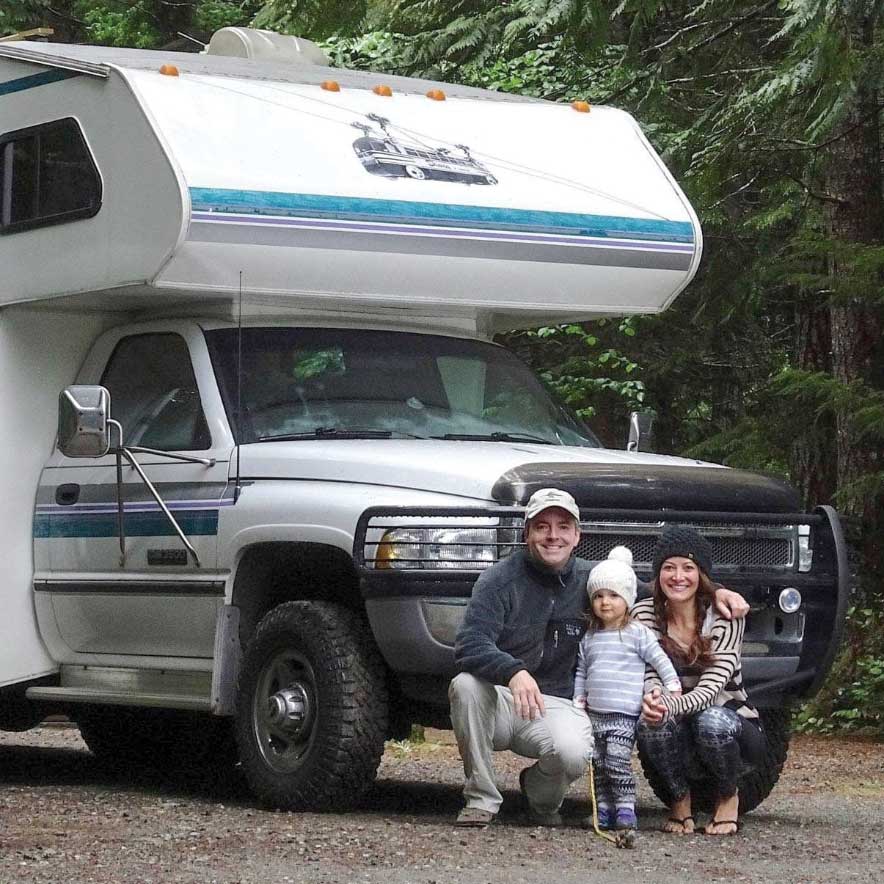
1. Finding a Good Campsite
You choose to camp in an RV for good reason—it is fairly easy to find well-equipped campsites, complete with electrical and water hookups. RV camping eliminates the stress of sleeping in a flooded campsite when unexpected storms roll in. But not all campsites are made equal. This becomes apparent once your kids reach the age where they’re ready to pitch a tent of their own.
Prepare your kids by teaching them the basics of selecting a good campsite. Point out how the flat ground makes it easy to drive into the campsite, but is also ideal for setting up a tent. Note the value of shade trees when the sun gets hot, and help your kids find the highest ground available to set up things like a cooking station. Getting your kids involved in collecting water at sites without water hookups can give them a firsthand reason to choose centrally located sites that save them some steps!
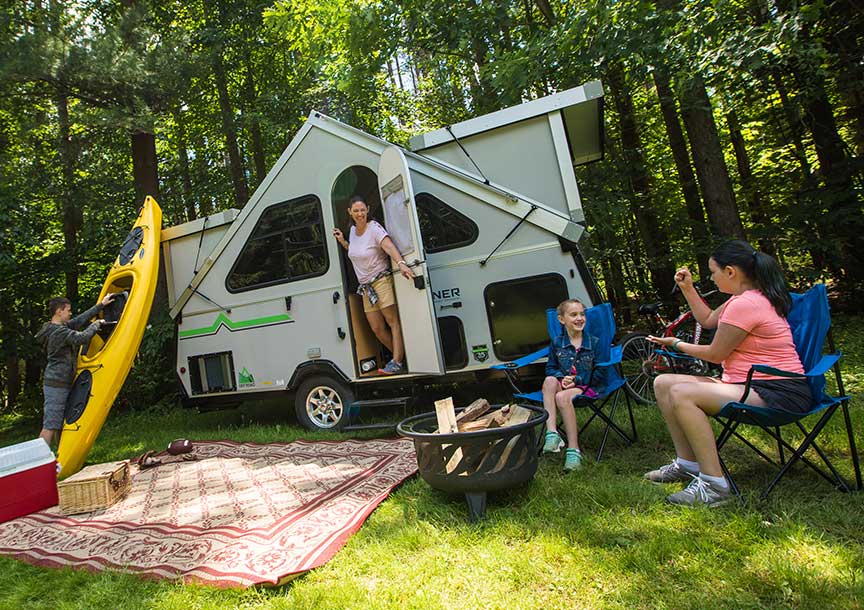
2. Fire Building Basics
Campfires are chock-full of chances to learn about fires—from safety practices to good wood piling techniques. Start by having kids lend a hand with building fires. Teach them about the firewood you bring along for trips, invasive species, and why it’s so important to buy wood where you camp.
Even little ones can be a big help carrying smaller kindling as you prepare a fire. You can engage them in fire building basics by teaching them air-flow structures like the log cabin and teepee. Explain the importance of contained fire rings or dugouts to prevent forest fires.
Knife safety is also a critical camping skill that starts with firewood. As you use your knives to open wood bundles, shave kindling, or prepare food near the fire, take the time to explain to the kiddos how you protect yourself by holding the knife with a steady hand and never waving it around or running with it.
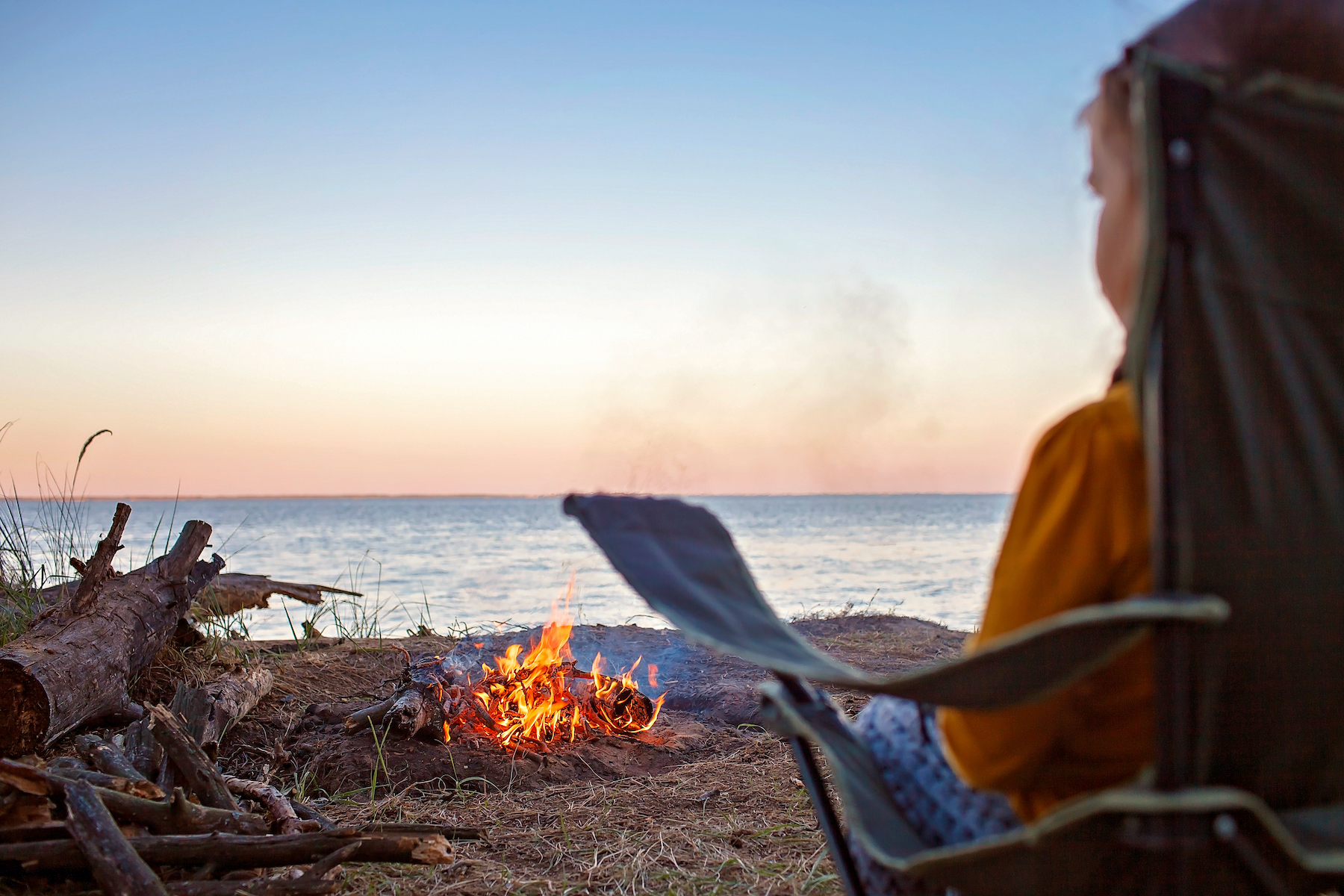
Model responsible fire safety in front of your child. Image: Shutterstock
3. Reading Maps, Compasses, and the Sky
In some cases, a camping trip might be a child’s only real experience in losing cell signal. Being out in the woods means leaving behind comforts like a reliable Internet connection for GPS apps and quick Google searches. Make a point of teaching your kids how to orient themselves without the help of technology.
It all starts with the basics of map reading. On your trip out to the campsite, show your kids the route you’re taking on a real, paper map. What do the symbols mean? The different colors? Reading a map seems basic but does require some explanation of what markers on the page mean.
Compasses are another fun orienteering tool you can turn into an educational game. Teach your kids how to use a compass and challenge them to chart a course in a specific direction on family hikes.
Finally, there should be plenty of time on any camping trip to teach your kids about what the sky can tell them about time and direction. Challenge yourself and the whole family to tell time using the sun during daylight hours. At night, point out the North Star as an easy way to always get a sense of direction—compass or not.

Let the kids look at a map, and let them pick the next fun pitstop. (Image from Getty)
4. Fishing and Cleaning Your Catch
If your camping trips take you near good fishing spots, there’s a whole library’s worth of knowledge waiting just beneath the water. Learning to fish and clean your catch is a huge step towards the kind of self-reliance that will serve your kids in every other part of their life.
Start small by inviting your kids to watch you set up your bait and tackle. Teach them to watch a bobber as a sign of a fish on the line and invite them to hold your fishing rods. Better yet, there’s no shortage of kid-sized poles available to help them learn casting in a safe and size-appropriate manner.
If you’re the type to eat your haul on a trip, get the kids involved. The thought of a young one watching you gut a fish might be a little touchy, but the more exposure kids have to this kind of work the more they’ll see it as a normal part of the camping experience. This process is another great way to teach your kids safe knife-handling skills.
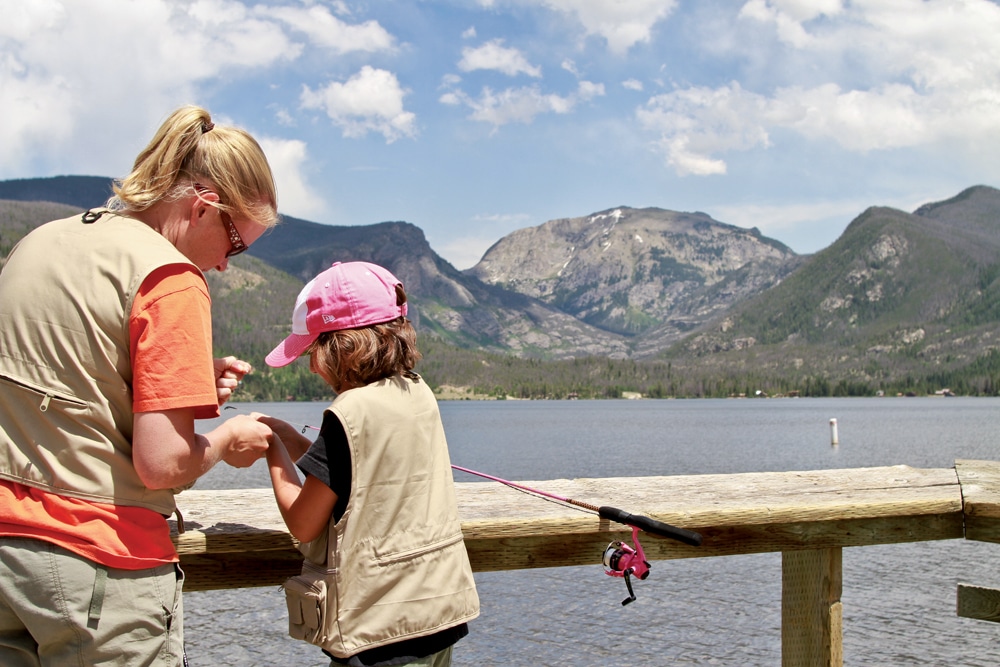
5. Leaving No Trace
Perhaps the most important life lesson you can teach on a camping trip is how to clean up after yourself and leave no trace. Teach kids about the local wildlife and how human food and garbage can be a threat to species like raccoons, and attract the attention of dangerous animals like bears, coyotes, and mountain lions. Encourage your kids to clean up after themselves as they go, disposing of waste only in designated areas.
Your love of the outdoors is something to pass along to your kids, and each camping trip is another opportunity to do just that. Seize each opportunity to instill values and skills your kids will keep with them and use to be smarter, safer campers for the future.

